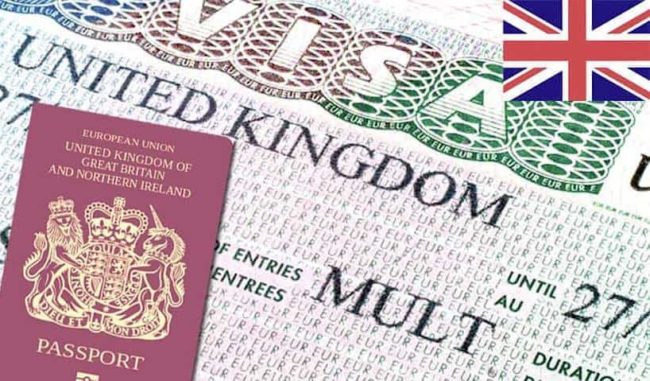The UK Home Office has announced an increase in the monthly proof-of-funds requirement for student visa applicants, raising the amount to £1,483 (approximately N3 million) starting January 2, 2025.
This change reflects the rising cost of living in the UK and aims to address inflation.
For students studying in London, the proof-of-funds requirement will rise from the current £1,334 per month to £1,483, representing an 11.2% increase.
Those studying outside London will see an increase from £1,023 to £1,136 (around N2.4 million), signifying an 11.1% rise. International students are required to demonstrate they have sufficient funds to cover living expenses for up to nine months.
ALSO READ: JAPA: UK govt to issue 45,000 seasonal worker visas in 2025
This means students in London must show £13,348 in savings, while those outside London will need £10,224.
The adjustment aligns with increases in maintenance loans available to domestic students and updates a financial limit that has remained unchanged since 2020.
To ease the burden, students who have paid a deposit for accommodation can reduce the required funds.
Additionally, those who have lived in the UK on another visa route for at least 12 months are exempt from showing proof of maintenance funds.
Apart from meeting financial requirements, applicants must also provide a Confirmation of Acceptance for Studies (CAS) from a licensed UK institution, proof of English proficiency, health insurance enrollment, and a valid passport.
Nigerian students, who make up a significant proportion of the UK’s international student population, may face challenges under the new rules.
In the 2022/2023 academic year, 53,790 Nigerian students were enrolled in UK universities, accounting for 6.5% of the international student body.
However, with the Naira’s depreciation against the pound, the increased financial requirements may deter some students from pursuing education in the UK.






